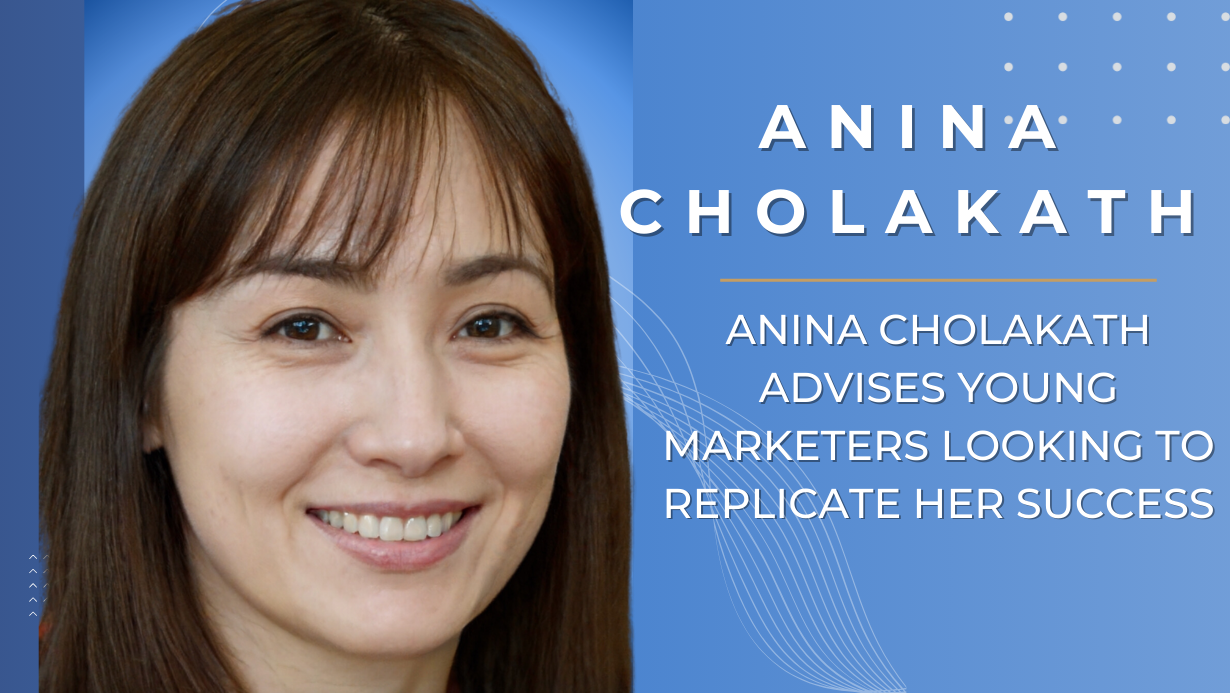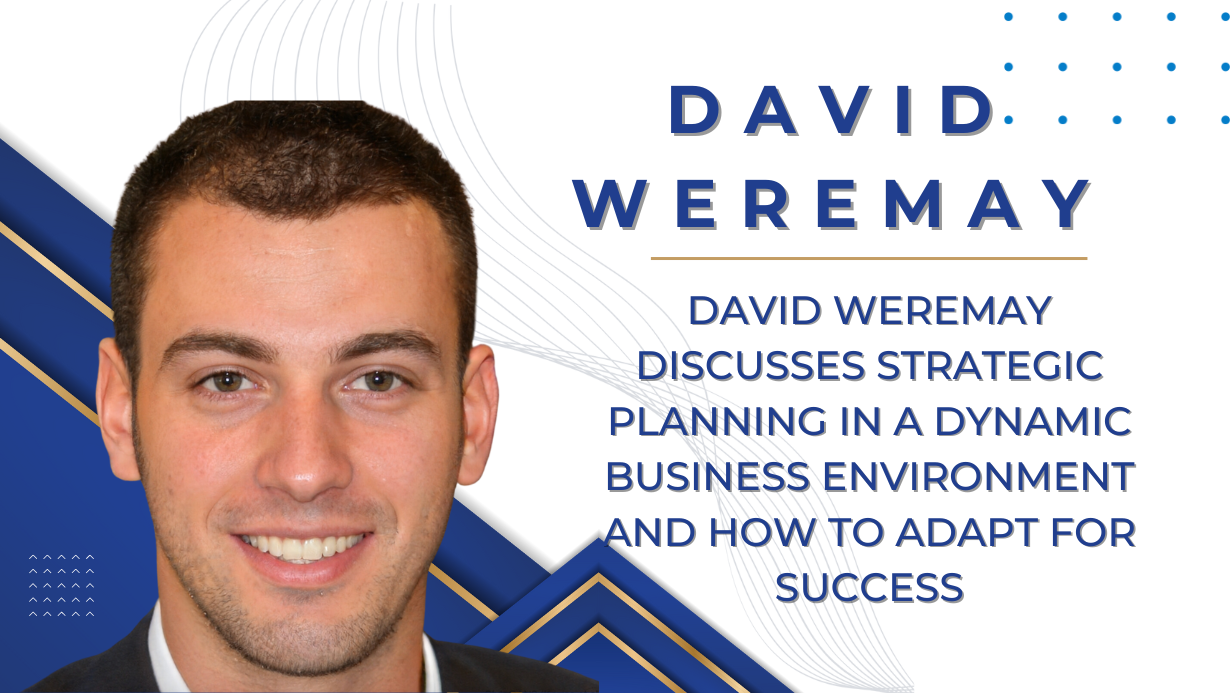
by Gitte Randrup
When I was a new hire, I was bullied. By this, I mean that work was kept from me so that I didn’t have enough to do, or I received the same monotonous duties. I wasn’t introduced to work areas with which I wanted to acquaint myself and which were natural parts of my job description.
I also wasn’t taught the procedures I needed to know – a fact I didn’t realize until I found myself unable to help out a colleague. I was told off vociferously because, on my own initiative, I had sought out tasks and not informed my then-colleague about it.
I wasn’t invited to network meetings in which other employees with the same job title participated, and I had to endure false rumors that I was going to be fired. During the last part of my employment, as a punishment, I was sent to another department.
I’ve wondered a lot: Why did it have to be like this?
My own explanation is that my then-colleagues felt threatened. They were afraid of my qualifications, commitment and expertise. This happened in instance when I was overqualified for my position.
Unfortunately, if you represent something that people aren’t used to, not everyone will regard the experience as enriching. You may find that they prefer to work with someone like themselves so that the dynamics will not change.
I can express my experience only as a personal opinion, as it was never addressed. Adult bullying is subtle and hard to uncover. We don’t admit to feeling “threatened” by a colleague’s qualifications, nor do we admit to being afraid of ending up on the sidelines and portrayed in a negative light.
However, I refused to let the situation defeat me.

As a person, I was and still am persistent and stubborn, so I didn’t give up. I found a new job. The term “give up” doesn’t really exist in my vocabulary.
Today, I have some regret about this, as I paid a high price by not being able to be myself. At the end of the day, each person must decide when enough is enough. The price can be too high!
I’ve found that if people are calculating and manipulative, and if they never take a look at themselves, there’s not a lot you can do if you’re a person who plays by the rules and who values honesty.
You might as well work actively to switch departments or find a job outside the company. If you have been granted a “life sentence,” it’ll be impossible.
That said, the experience can also lead to new professional opportunities and open new doors.
If someone is preventing you from completing the tasks for which you were hired, you might find yourself introduced to new, exciting work areas and forming valuable relationships with other colleagues if your manager is open to it.
The same goes for the networking part.
You can easily seek help in carrying out your duties and have discussions with colleagues other than those connected to you in the organization chart. This can prove to be an enriching experience – one you’ll find especially valuable if members of your original workgroup do not cooperate with each other.
It can also prompt you to consider whether being an entrepreneur is a solution for you, as being your own boss has its advantages. When a company books you as a freelancer, your connection to that company is not as strong as if you were an employee there.
With all that said, I couldn’t have stayed in my aforementioned position without the support I received from my former manager and colleagues, who supported me by helping me find new duties and by talking about my difficulties with me.
I’m lucky to be strong enough that the bullying didn’t have any serious consequences for me. But, unfortunately, it’s not like that for everyone. Adult bullying is a widespread problem.

According to the 2017 WBI U.S. Workplace Bullying Survey, 19% of Americans are bullied, while another 19% are witnesses to bullying. Of those who are bullied, 40% said that the experience has negatively affected their health.
The 2016 study “Bullying Makes Men Leave the Labor Market – Long-Term Consequences of Workplace Bullying on Sickness Absence” from Aarhus University in Denmark found that, for women, workplace bullying leads to absences stemming from long-term sickness and has a negative effect on health. The study also found that men tend to leave the workplace altogether.
These findings show that grown-up bullying and the negative work environment it creates affect not only individuals on a personal and professional level but also society as a whole. So, if you’re one of those people who are being bullied at work, take the situation seriously. Don’t be complacent and hope that it will get better. It may have significant negative consequences. And, if you’re one of those people who are witnessing bullying, intervene instead of turning a deaf ear to it!
~Gitte Randrup
LinkedIn: Gitterandrup FB: @Gitterandrup

Gitte Randrup is an HR expert based in Copenhagen, Denmark, and the founder of GR Consult.
She is an advisor and HR Business Partner to managers on a wide range of HR subjects, such as recruiting, onboarding and organization and management.
Her vision is to create mutually satisfactory long-term working relationships between employers and employees combining business needs and strategy with the wants of the employees.
Gitte holds university degrees within HR, Organization & Management and Languages. She has worked with HR in companies, such as GEA and Nordea.
She is also an HR expert blogger on the Danish online debate forum Amino with more than 100,000 debaters and readers. http://grconsult.dk/en/
LinkedIn: Gitterandrup FB: @Gitterandrup












